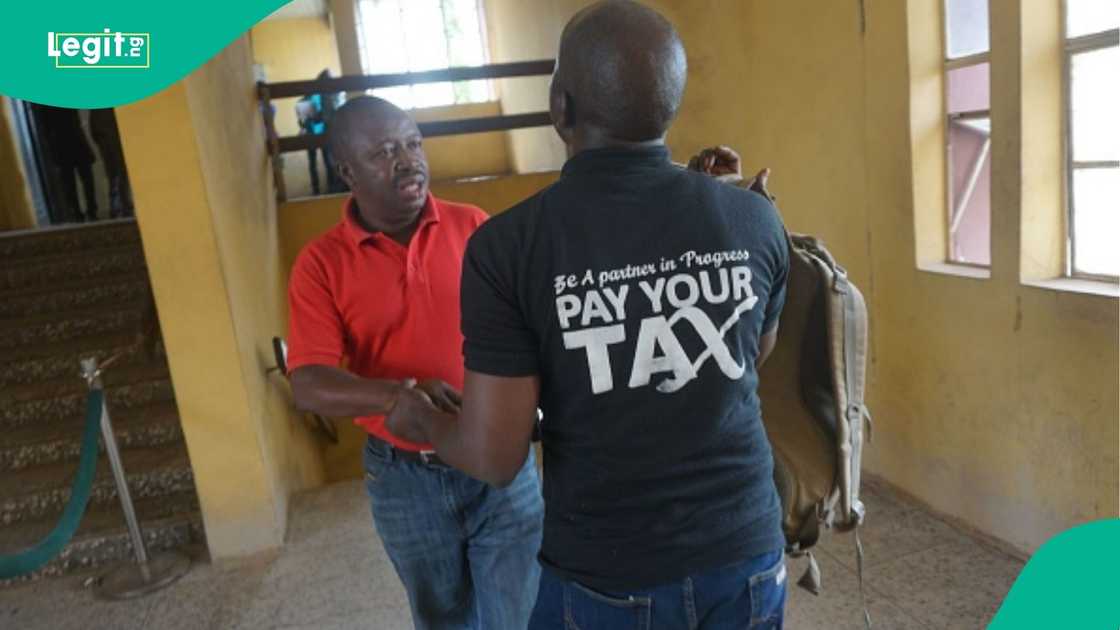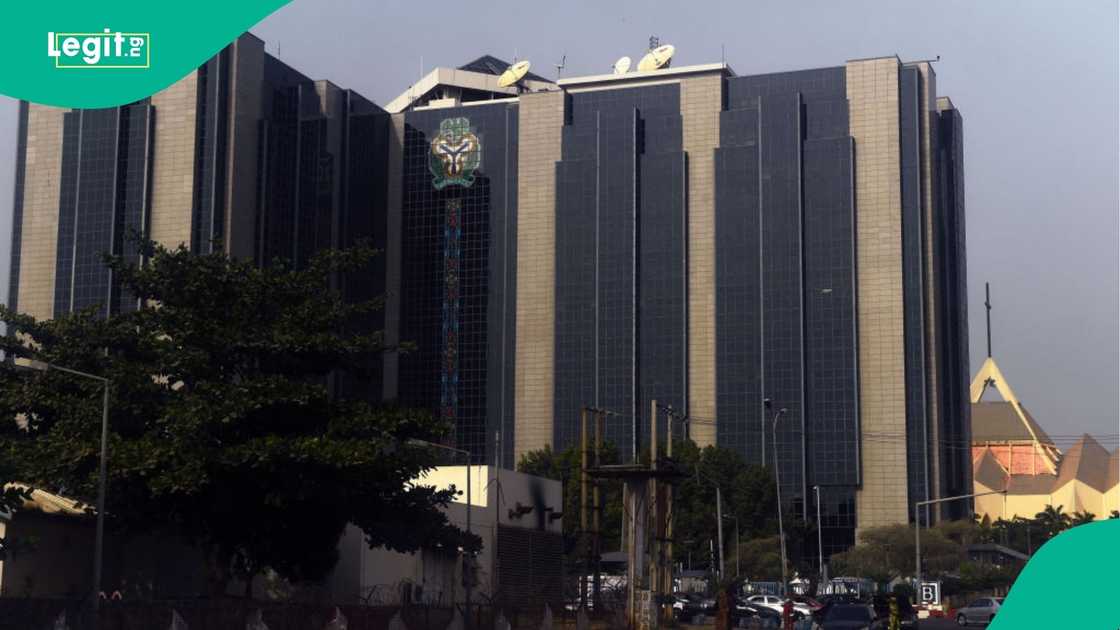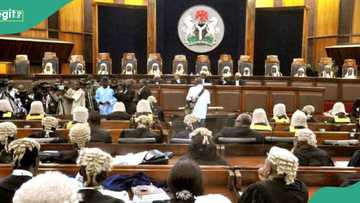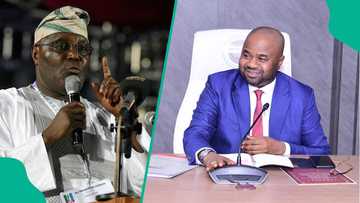How To Pay Your Tax: A Step-By-Step Guide For Nigerian Businesses
- The reforms will take effect in phases from 2026, but many small and medium businesses still lack an understanding of the new procedures
- A fully digitised portal is now the central platform where taxpayers register, file returns, view assessments, and generate tax receipts
- Tax payments must be made through approved Payment System Service Providers, with all funds remitted to a Central Bank account to prevent fraud and delays
Oluwatobi Odeyinka is a business editor at Legit.ng covering energy, the money market, tech and macroeconomic trends in Nigeria.
The Nigerian government has overhauled the taxation system in the country, with significant reforms in payable taxes and payment methods. These reforms were done to expand the country’s revenue base, improve economic stability, and block tax leakages and multiplicity.
Legit.ng reported that the federal government passed four new tax laws this year, namely: the Nigeria Tax Act, 2025 (NTA), the Nigeria Tax Administration Act, 2025 (NTAA), the Nigeria Revenue Service (Establishment) Act, 2025 (NRSEA), and the Joint Revenue Board (Establishment) Act, 2025 (JRBEA).

Source: Getty Images
New provisions of these new laws are expected to take effect at varying times in 2026, and the Presidential Tax Reforms Committee has published explanations on the processes of the new tax regime.
Meanwhile, there are still misunderstandings and ignorance of the processes in many quarters, especially among small and medium-sized business owners.
An explainer by The Cable simplified the fully digitised and transparent modern tax system for public awareness.
“A transparent and well-understood tax payment system supports national development by: reducing errors in payment, increasing public trust in tax procedures, preventing revenue leakages, strengthening accountability, and ensuring funds reach the government promptly,” the explainer stated.
Meanwhile, not every commercial bank in the country is authorised to process tax payments; only approved participating banks and licensed payment service providers can handle such transactions.
Citizens can only benefit from the reforms in the tax processes when they have adequate knowledge and understanding of it.

Source: Getty Images
Here is a breakdown of the new tax procedure:
STEP ONE: Registration on TaxPro Max
The first step for a taxpayer is registration on TaxPro Max, the official tax administration portal of the government.
On this platform, which serves as a personal tax dashboard, taxpayers file returns, view assessments, generate receipts, and track their compliance records.
This registration is mandatory for new taxpayers, while existing taxpayers would activate or onboard their accounts to gain full access.
STEP TWO: Generating a Tax Assessment
Once logged in, taxpayers can immediately see their profile and outstanding obligations.
A valid assessment must be carried out before tax is paid. The platform helps you generate an assessment, which outlines the type of tax to be paid and the amount due. This digital assessment is the foundation of the tax process for small businesses (SMEs).
STEP THREE: Choose From List of Trusted Payment Channels
After generating an assessment, the next thing is to choose a payment channel from a list of approved Payment System Service Providers (PSSPs) that facilitate the payment process.
The currently approved PSSPs/channels are:
- Flutterwave
- Quickteller
- Etranzact
- XpressPay
- Remita
These platforms can be accessed both online and in-branch, offering convenience to taxpayers in both rural and urban areas. Taxpayers can pay via online banking, through debit card, transfer, or mobile wallet. Those who prefer physical transactions may walk into any participating bank branch and pay over the counter.
All Funds Go to the Central Bank Account
The Cable explainer notes that the PSSPs do not hold taxpayers’ funds, as all funds are remitted immediately into a dedicated account at the Central Bank of Nigeria (CBN). This is expected to reduce the risk of fraud, diversion, and delay in government revenue flows.
FG urges use of new tax calculator
Legit.ng reported that the federal government urged all taxpayers to use the Personal Income Tax Calculator ahead of the January 2026 tax reform.
President Bola Tinubu explained that the tax calculator will help Nigerians check their estimated tax under the new laws against what they currently pay.

Read also
LG autonomy: Evaluating the 2024 Supreme Court judgment, challenges, and theoretical pathways
According to a statement on his official X handle, the president said the new tax laws will create a true redistribution in the nation’s economy.
Source: Legit.ng




